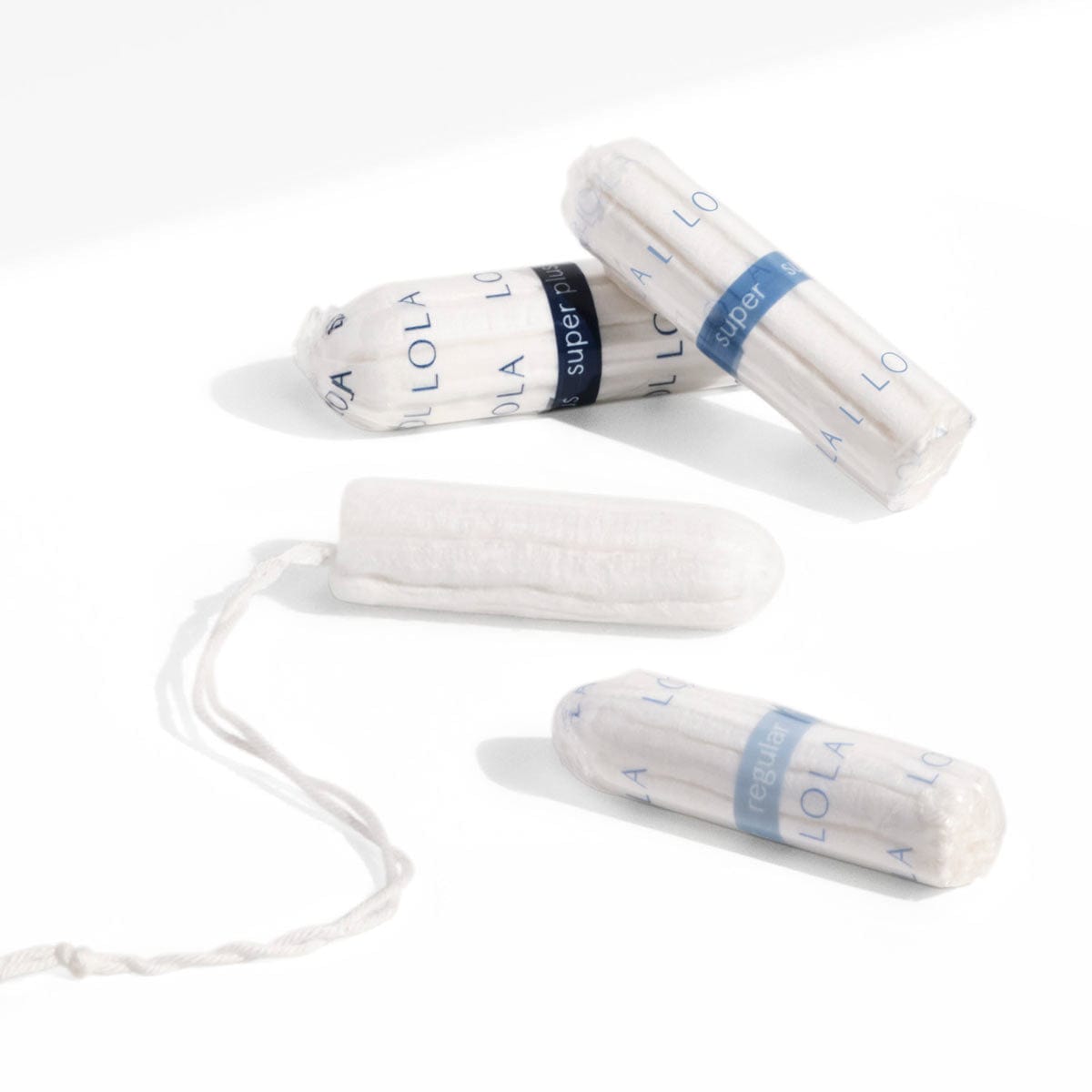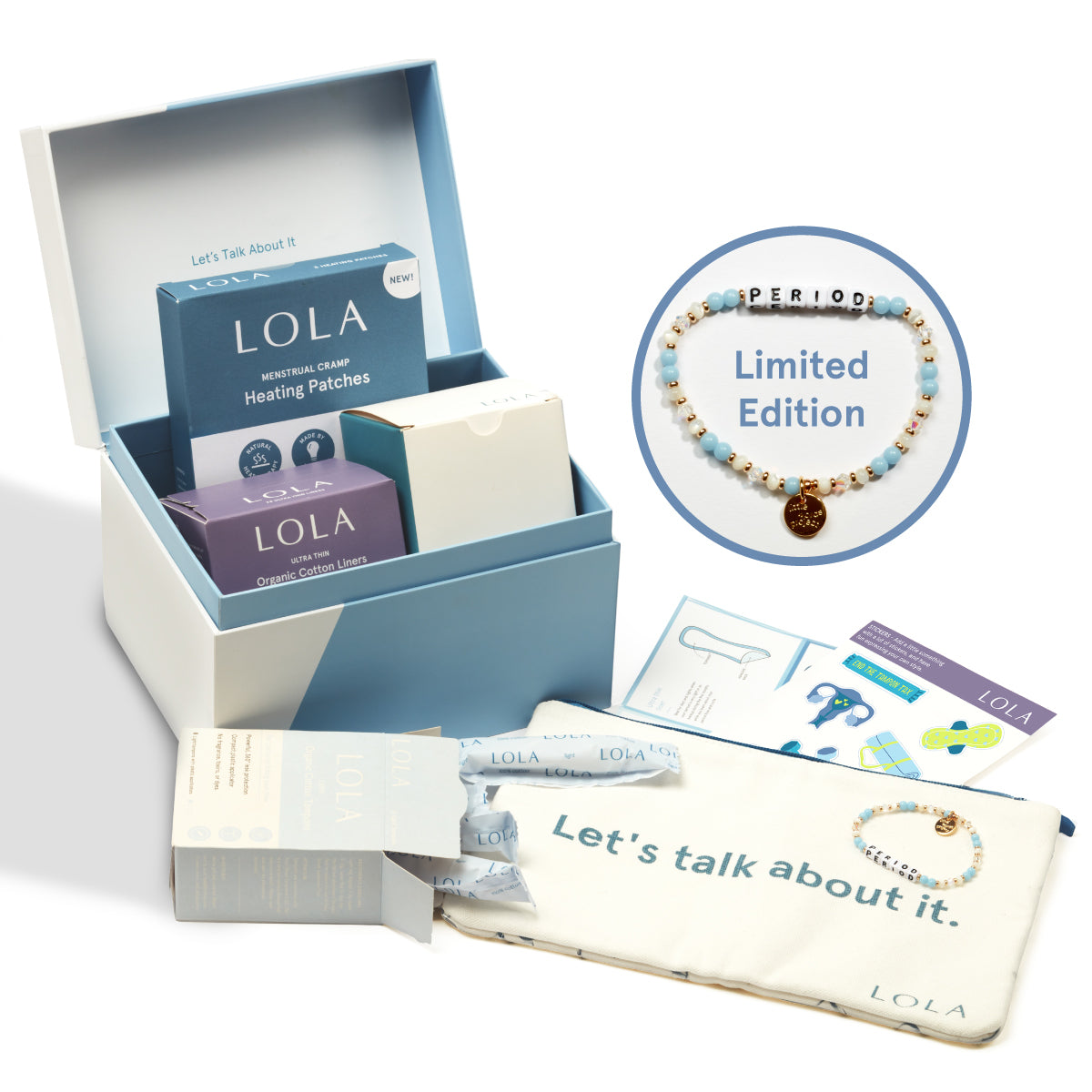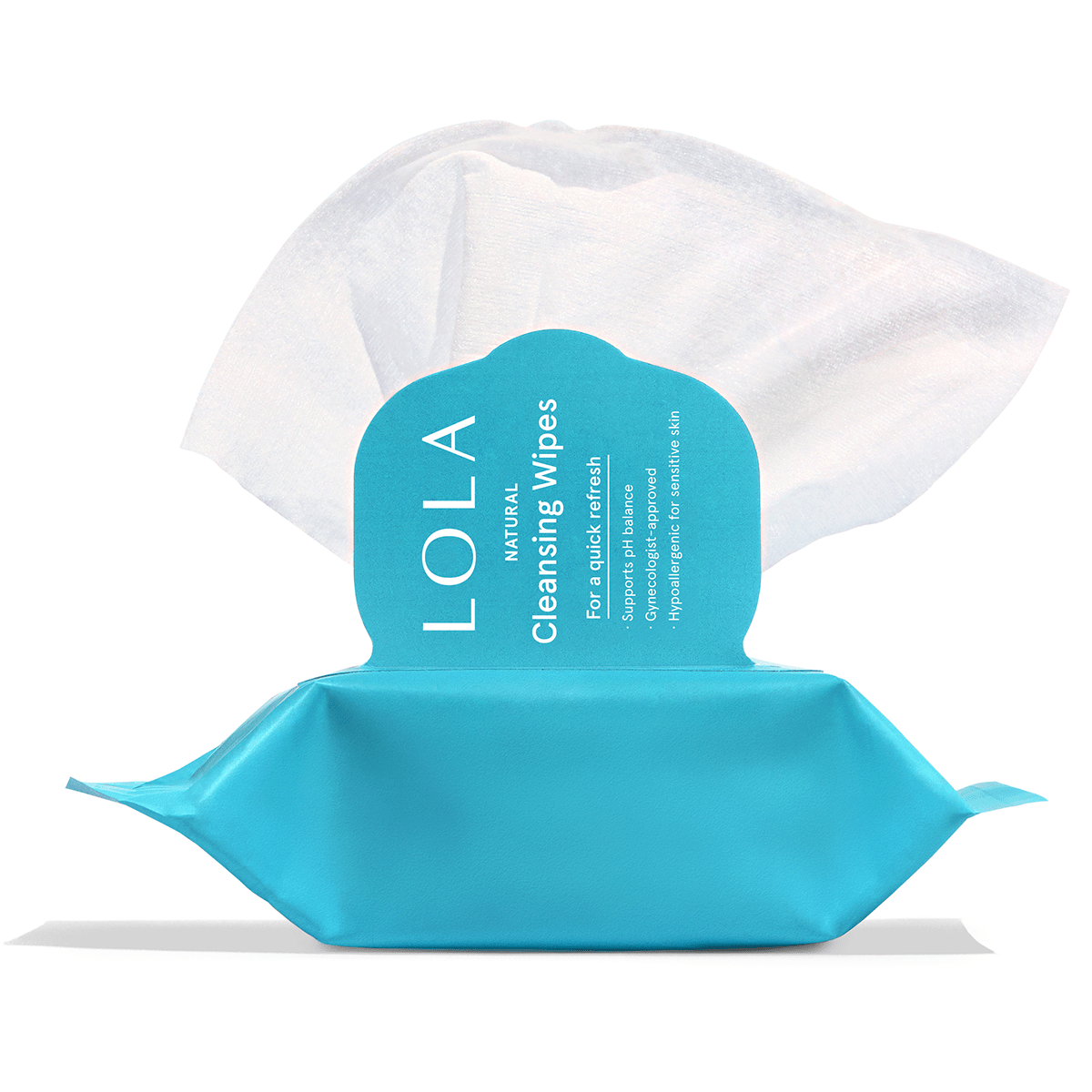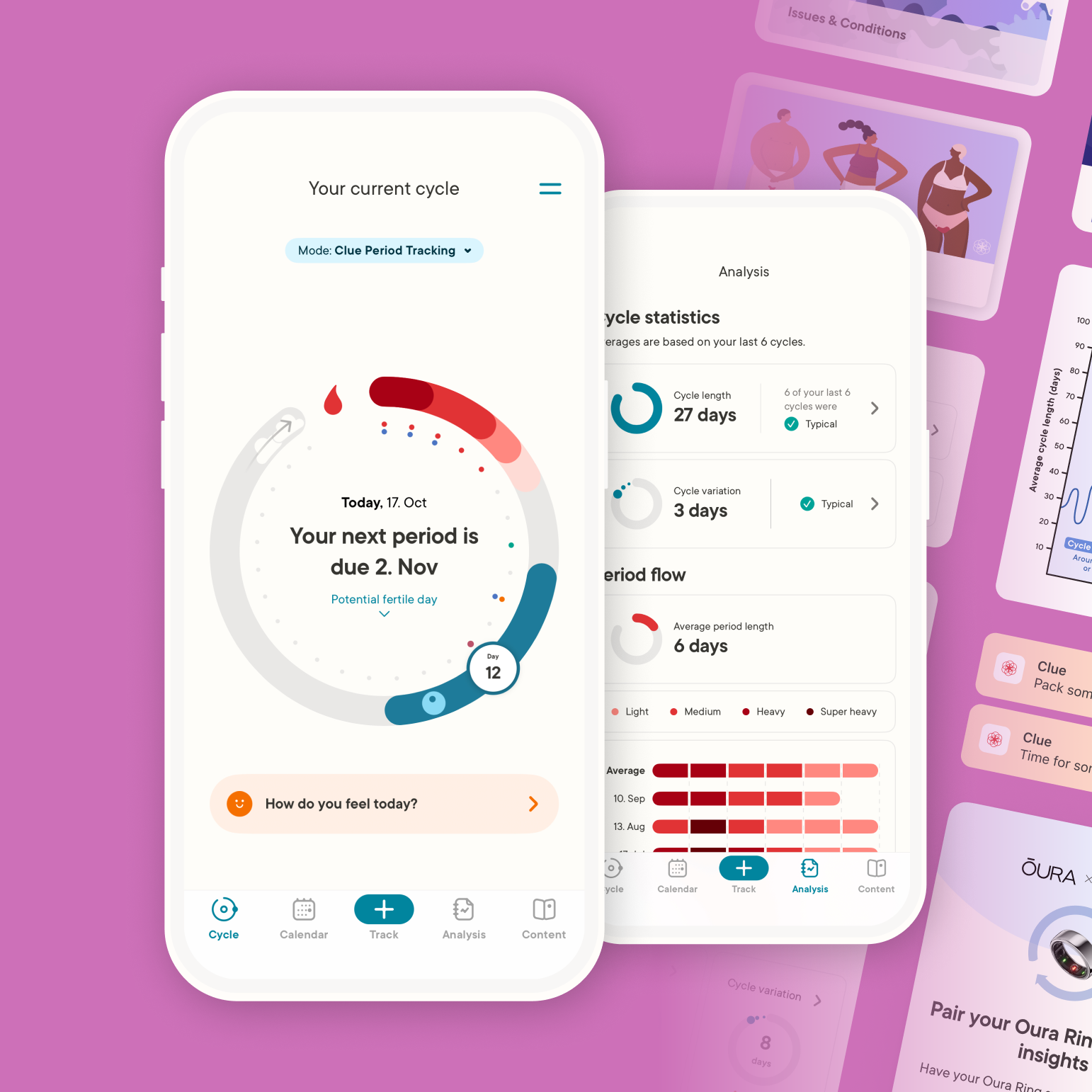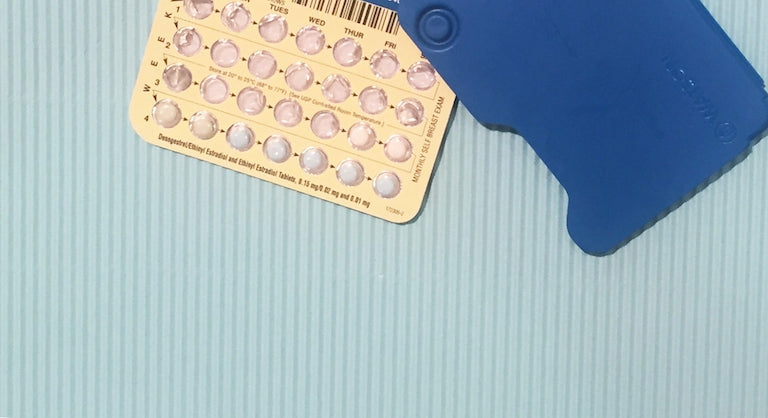Birth control pills revolutionized women's lives when they became available in the 1960s. Suddenly, women could control their reproductive destinies " babies were optional. Today, four in five sexually active women have used "the pill," proving just how widespread the reach of this tiny contraceptive actually has become. Still, as amazing as it is to be able to take a simple medication to prevent pregnancy, hormonal birth control isn't always the right choice for every woman. The side effects that some women experience (mood swings, low libido, weight gain) are real, especially the ones related to sex.
Alyse Kelly-Jones, MD, FACOG, an OBGYN and fellow of the International Society for Women's Sexual Health who practices in Charlotte, NC, says certain types of hormonal birth control can and do affect the sex lives of some women.
Specifically, birth control pills and other hormonal birth control methods, like the NuvaRing or the patch, that contain synthetic estrogen can affect your libido, your sex life, and even your actual clitoris. Dr. Kelly-Jones explains that this is because the levels of estradiol in the pill affect the level of testosterone in the body. A hormone called sex hormone binding globulin (SHBG) increases when you're taking pills with estradiol. SHBG then binds with the testosterone in the blood stream, making it less available to the body. Less testosterone can eventually equal less sex drive.
Low levels of testosterone can also cause painful sex, less lubrication, or even make reaching orgasm more difficult. This is because lowered testosterone can make the clitoris, the vagina, and the vulva less sensitive. Dr. Kelly-Jones explains: "All of the sex organ tissue is testosterone-dependent."
Low levels of testosterone can also cause painful sex, less lubrication, or even make reaching orgasm more difficult.
What complicates the problem even more is that there's no way to know which women are affected by estrogen-containing contraceptives until they try them. Many healthcare providers are not aware of the link between hormonal birth control and sex, says Kelly-Jones, and lots of women aren't comfortable sharing details of their sex lives with their doctors or other providers, so issues often go unresolved. Other women end up trying pill after pill, not realizing that it's a common ingredient among them, estradiol, that may in fact be the issue.
Of course, other things can affect the health of your sex life too, like stress, mental health, or other relationship issues. So if you notice sex or sexual feelings changing after you get on a hormonal contraceptive, look at the big picture of your sex life before you point to the pill. If you believe that estradiol-containing birth control could be affecting your sex life, bring up your concerns with your provider (and know that you're not the only one).
Look at the big picture of your sex life before you point to the pill.
If you do decide to go off of estradiol-containing contraceptives, know that it can take up to six months for your libido or sex function to return to normal. Everyone is different; for some women, SHBG can stay elevated for a long time after you go off the pill, even permanently. You can ask your provider for blood tests to measure your hormone levels, but it's recommended that you wait to test these levels until you're off of hormonal birth control methods completely.
If you're concerned about using a pill with estrogen in it, ask for a progestin-only pill (sometimes called a mini-pill) or consider an IUD. According to Kelly-Jones, IUDs, including hormonal ones like the Mirena, are terrific options because they work by secreting a hormone called levonorgestrel, so they do not contain estrogen. Other options like a non-hormonal copper IUD, fertility awareness, and cervical caps or diaphragms might fit your lifestyle, although some methods will require more effort from you, your partner, or both.
Dr. Kelly-Jones advises that you don't try to fit a contraception discussion in during your yearly well-woman visit, especially if you've had issues with hormonal options in the past. She suggests making a separate appointment with your provider, specifically to talk about your contraception options. "Advocate for yourself. This is no longer a 'doctor knows best' world; let's work together to find a solution that works for you. You don't have to be on the pill to get good contraception."


